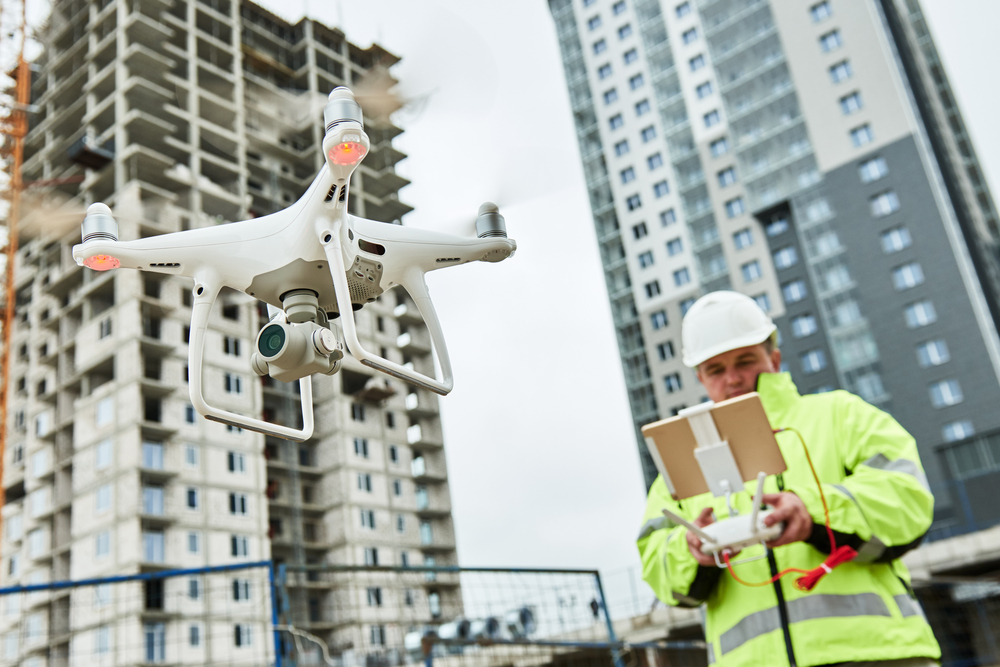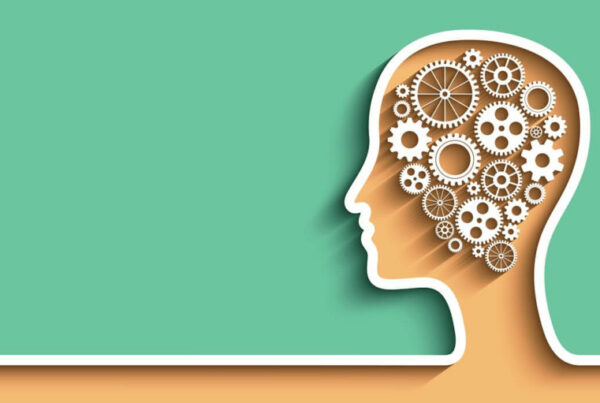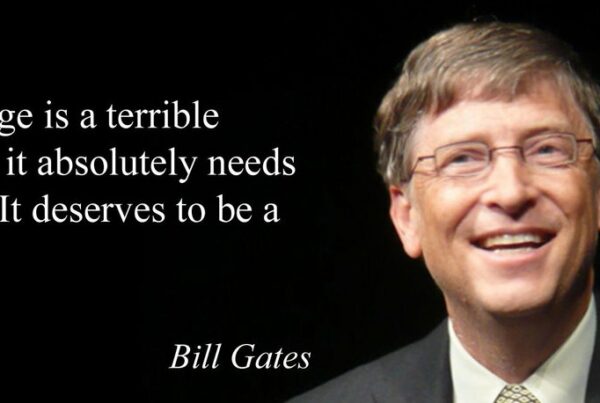Platforms and AI have opened the doors to further digitalization, for faster traversing of the Industrial Revolution 4.0 era. As technologies continue to advance in speed, learning, and data, they offer new capabilities to an industry that has been mired in stagnancy. Construction is being revamped as a new era of digital technologies are making it more accurate, safer and faster to build. “A new way to plan,” offered through Alice Technologies uses AI to simulate and analyze millions of schedules to help teams build by gathering project resources, exploring construction scenarios, and accelerating project communications. Alice Technologies is garnering high level-attention for how it using digital tools to solve headaches that have plagued generations of builders. And it is amongst a category of peers that are also working to break apart the encrustation of construction norms.
Forbes magazine named Construction Technology in its top three trends for 2020. After a relatively quiet period, the publication notes that “technology companies are set to capitalize on labor shortages and an increase in construction projects.” New technologies assist in identifying inefficiencies, improving safety and enhancing construction equipment. Companies, such as Alice Technologies, Disperse, Fieldwire, Built Robotics, INDUS.AI, and OpenSpace all raised venture funding in 2019.
“Uber, the world’s largest taxi company owns no vehicles, Facebook the world’s most popular media owner creates no content, Alibaba, the most valuable retailer has no inventory and Airbnb the world’s largest accommodation provider owns no real estate. Something interesting is happening,” wrote IBS Game Changer Tom Goodwin in “The Battle for the Customer Interface.”
Propelled by platforms and user-generated content and assets, technology makes new modalities and faster exchanges of information and data dissemination possible. As more things become interconnected into bigger IoT’s, customers can anticipate more seamless interactions with their home environments, that are constantly learning and anticipating how to individualize every aspect of the external and internal home life from the utilities to appliances to entertainment. Thanks to digitalization and advancement around AI, blockchain and data analytics, construction technology is rapidly improving with new materials and faster, lighter builds.
Technology is more than a tool. It is an empowering opportunity. This scenario indicates is that there are many unsolved pain points within the construction industry. Technology offers a path to creating a slim layer to solve one problem at a time. No industry is impervious to disruption, and technology is the objective philosophy that is willing to work in tandem with nimble startups or existing corporations. The biggest assumption that could be made is that there is a limit on ideas and inspiration as if new digital trends would plateau or peter out.
Trends that began in 2019 will continue to snowball through the new year — welcoming all of the risks and potential of exploring a new path and playing big for customers. The reality is that some of these startups may merge and join forces, and others may be acquired by larger IoT companies like Cisco Systems, Microsoft or Siemens AG. But they are undoubtedly expanding and reaching for an industry shift.
Each industry is shifting and experiencing a transformation that holistically encourages its growth. People need homes that are faster, lighter and cheaper — this is a pain point that can be solved through technology solving construction’s software and planning pains. New homes are right on the edge of the horizon, waiting to be built with innovative processes, materials, and mindsets.











